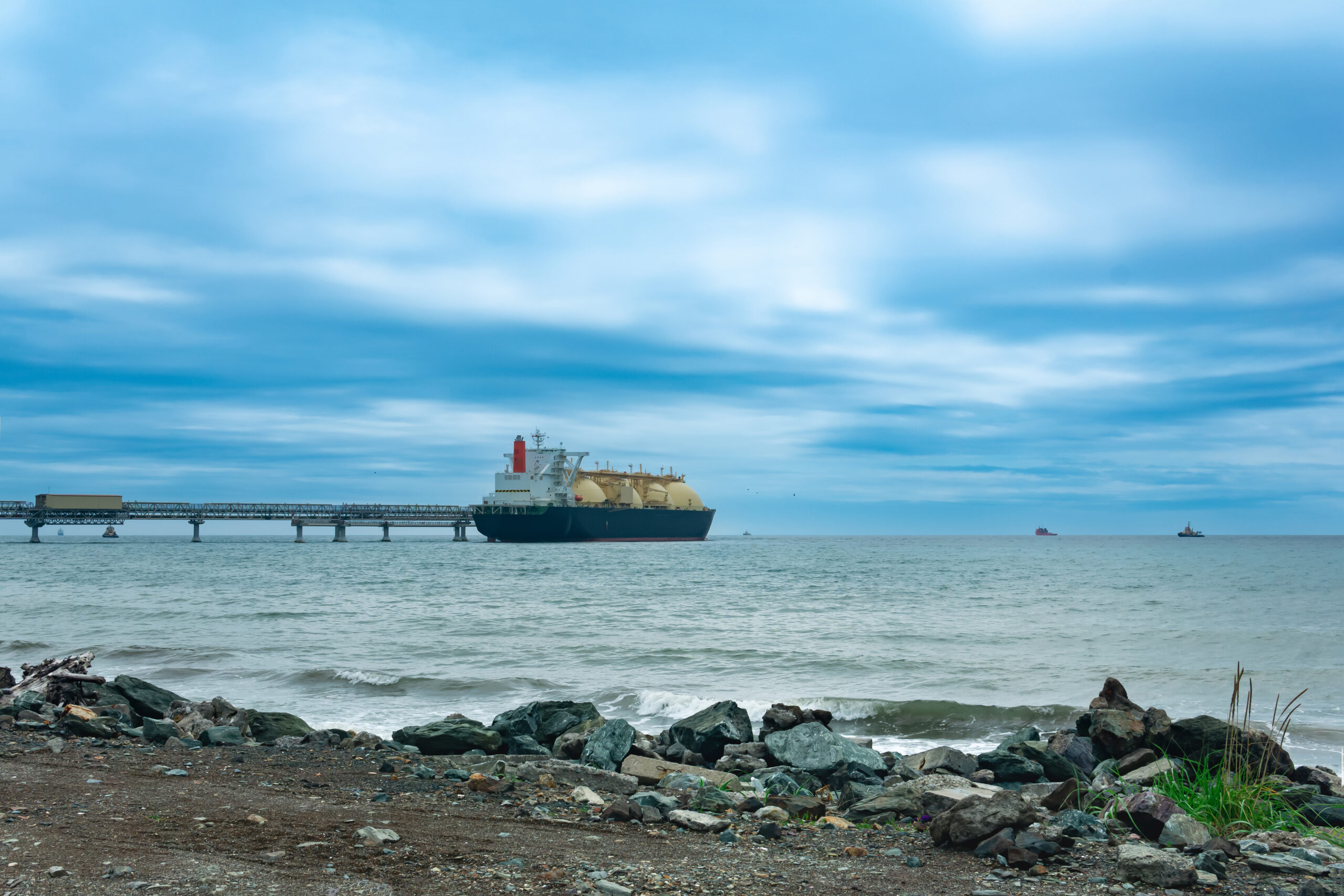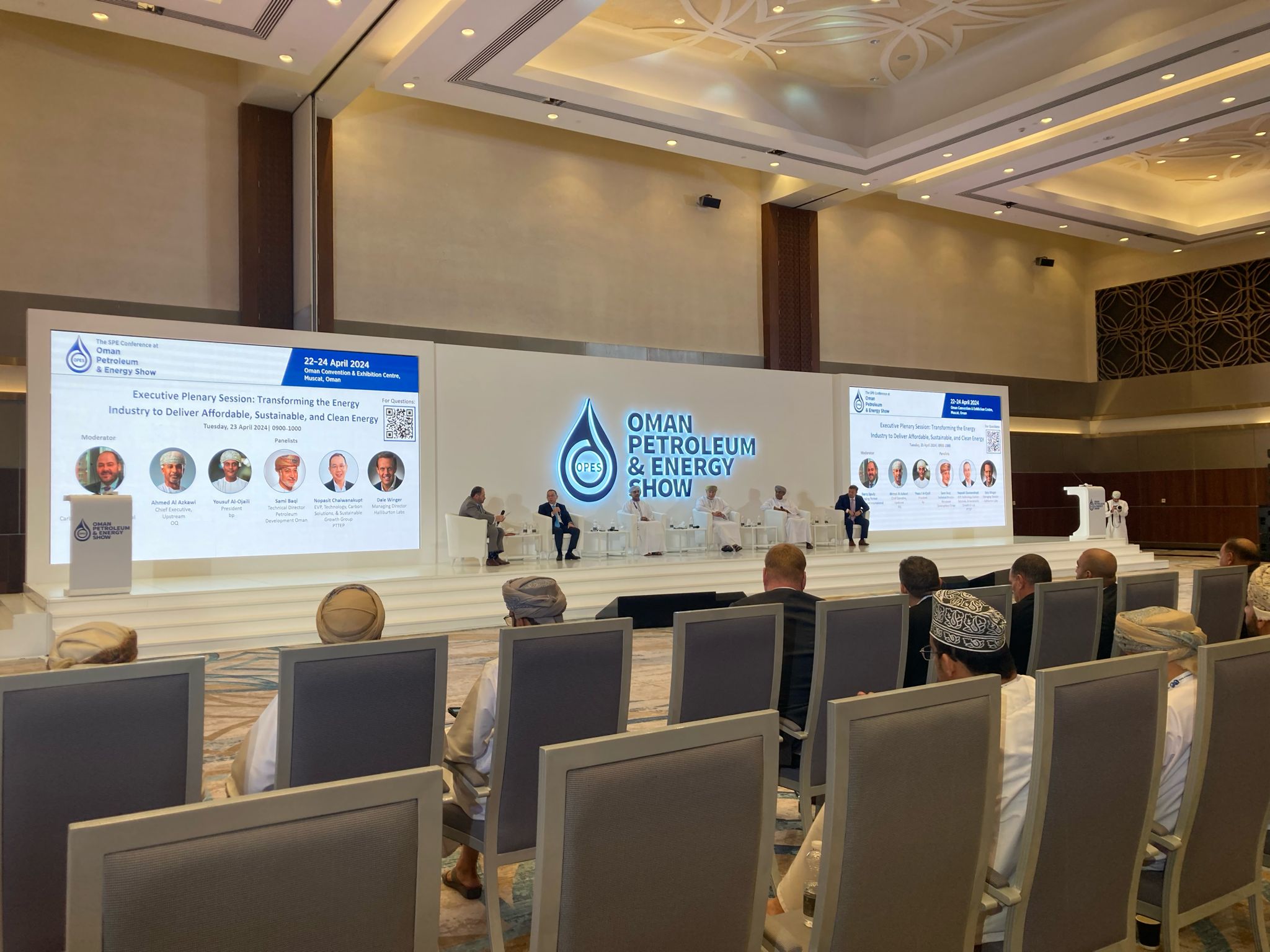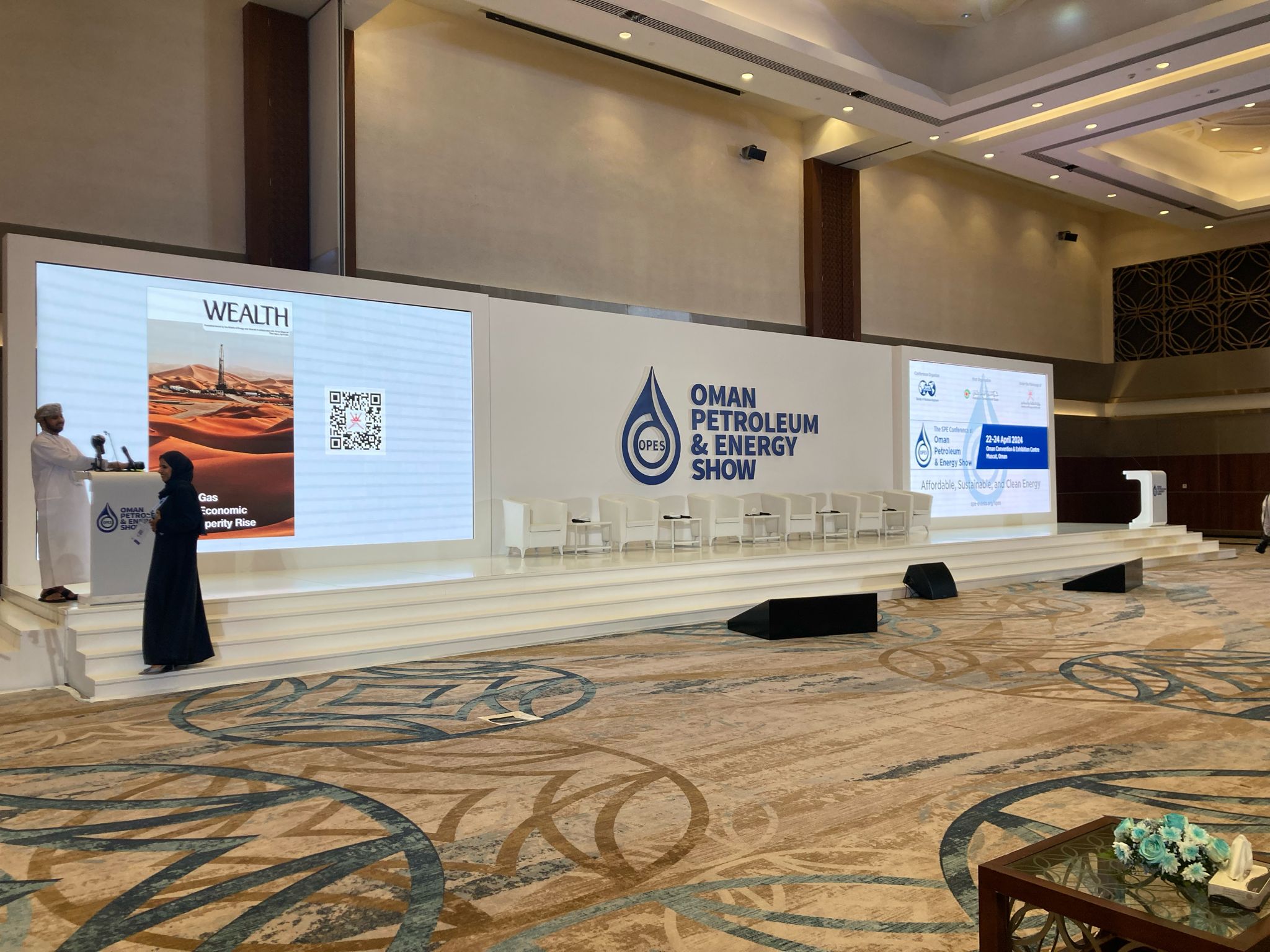Germany, Qatar LNG deal raises decarbonisation doubts
Qatar is to supply LNG to Germany under a long-term deal which is already being criticised for doing little to address the current energy crisis while protracting the country’s dependence on gas despite decarbonisation goals.

State-owned QatarEnergy announced on November 29 that it had signed long-term LNG sale and purchase agreements with U.S. supermajor ConocoPhillips for the delivery of up to 2 million tons per annum (MTPA) of LNG from Qatar to Germany from 2026.
Under the deal, the LNG will be delivered to a ConocoPhillips subsidiary on an ex-ship basis at the LNG terminal of Brunsbüttel in northern Germany, currently under construction.
The LNG volumes will come from Qatar’s North Field East and North Field South in which both companies hold interests.
The landmark deal marks the first ever long-term LNG supply to Germany with a term of over 15 years, thus contributing to Germany’s long-term energy security, QatarEnergy said in a statement.
However, “the gas deal between Qatar and Germany does not address the current energy emergency but deepens fossil import dependencies from an autocratic country,” Sascha Müller-Kraenner, the CEO of German environmental group Environmental Action Germany (Deutsche Umwelthilfe), told Gas Outlook.
“Deliveries come too late in 2026 and last too long until 2041, which endangers Germany’s legal goal to decarbonize its economy,” she said.
“Working together with Qatar and others on renewable energies and green hydrogen would be a better alternative to new fossil oil and gas deals,” she added.
“Instead of trying to find new gas suppliers and deals, Germany should invest time and money on implementing methods to reduce and/or replace the demand of gas in the country,” Ana-Maria Jaller-Makarewicz, Europe energy analyst at the International Institute for Energy Economics and Financial Analysis (IEEFA), told Gas Outlook.
“Germany is planning to become carbon-neutral by 2045 but signing long term contracts with a minimum 15 years duration will put at risk the decarbonisation goals because it will stimulate the consumption of gas,” she said.
“If Germany plans properly taking into consideration the three main issues of gas price, energy security and energy transition goals, its gas consumption would decrease at least 30% by 2030 due to electrification, energy efficiency methods as well as gas demand management,” she added.
Replacing Russian gas
But aside from decarbonisation targets, Germany will still need to find new suppliers of gas if it wants to successfully move away from Russian dependence, according to others.
“Germany is going to need gas for some time to come and it is determined not to return to a reliance on Russia, so I don’t see it as a threat to decarbonisation, there is a lot of dirty coal to get rid of first and gas is also a critical input into industry,” objected Micheal Bradshaw, professor of global energy economics at Warwick Business School.
“The deliveries don’t start until 2026, so it will not solve the immediate problems and the challenge of the subsequent two winters,” he told Gas Outlook.
At the same time, the deal has a shorter duration than other similar deals signed by Qatar with Chinese buyers.
“If it turns out that there is no market for the gas towards the end of the decade, then it can be sold elsewhere.”
“The delivery to Germany can contribute to risk diversification for ConocoPhillips,” Christoph Merkel, managing director at German consultancy Merkel Energy, told Gas Outlook.
“The deal is not a step backwards for Europe’s decarbonization,” he argued, adding that “Germany still needs significant more LNG delivery volumes to replace the lost Russian gas deliveries.”
“Without replacement of the missing Russian natural gas quantities, German industry would be massively damaged,” he said.
“We believe we can decarbonize our economies without losing our industries and jobs. Therefore, first of all, we need new, and also long-term LNG supply contracts like this from Qatar,” he said.
“This deal is really about QatarEnergy and ConocoPhillips securing access to the German LNG market, the fastest growing LNG market in the world, rather than Germany securing LNG,” Fraser Carson, senior research analyst at Wood Mackenzie told Gas Outlook.
“For Qatar, the deal represents an opportunity to establish a footprint in Europe’s largest gas market,” and to secure access to the German market via ConocoPhillips’ regasification capacity at the new Brunsbüttel terminal, he said.
“The onshore import project is due online by 2026 and we assume COP’s 15-year capacity agreement at the terminal is nicely aligned to the volume and duration of the supply agreements,” he said.
In addition, German utility RWE is a 10% shareholder in the LNG terminal and the Qatar Investment Authority recently took a 9.1% stake in RWE.
Declining gas demand
German gas demand is expected to decline as a consequence of Europe’s accelerated energy transition policies, said Carson. “Under the LNG Acceleration Act, fossil LNG imports are mandated to end in 2043. But we forecast German LNG imports to still be 22 mmtpa in 2041 when these Qatari contracts could potentially end.”
“The uncertainty over the pace of the transition is creating challenges for how German buyers procure LNG in the long term and their appetite for contracts,” he stressed.
“We do expect some deals to be signed with negotiations ongoing between LNG suppliers including Qatar and German buyers, but we’d be surprised if Germany secures long-term contracts for the majority of its demand,” he added.



